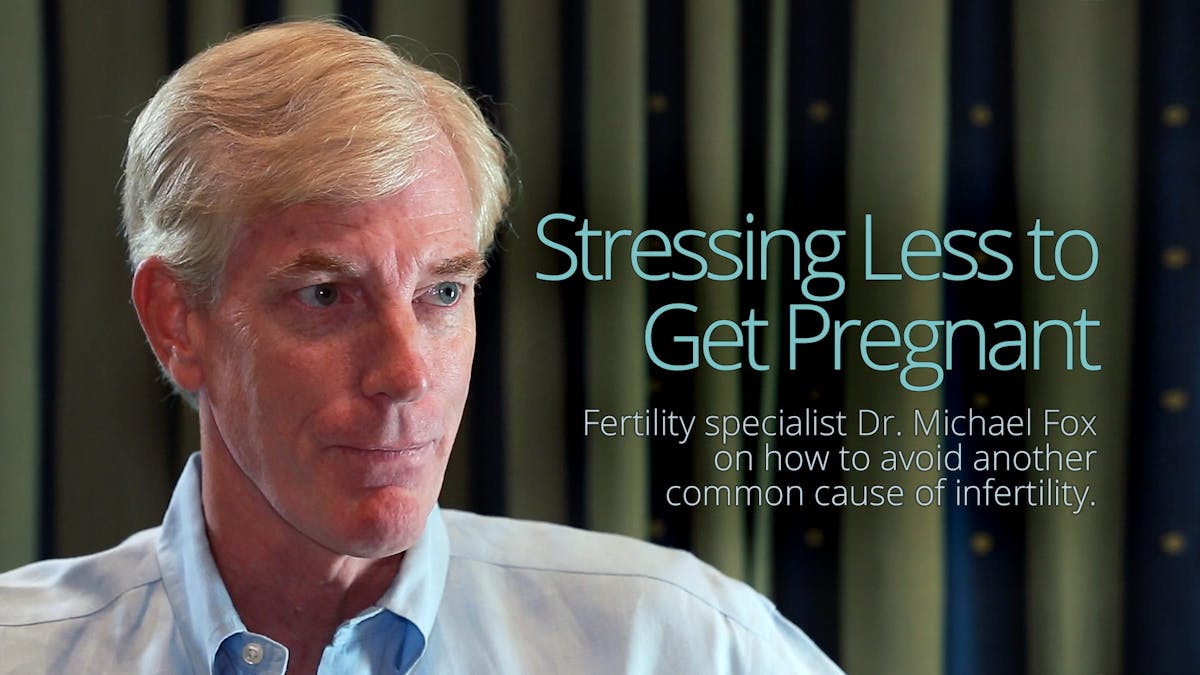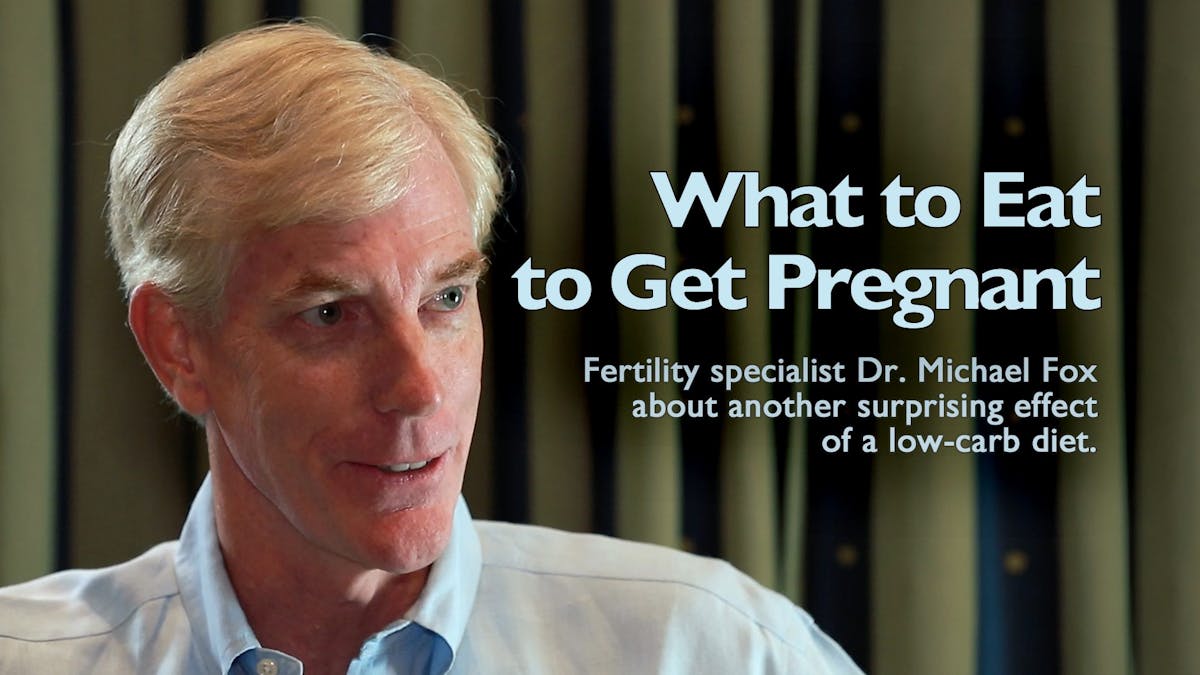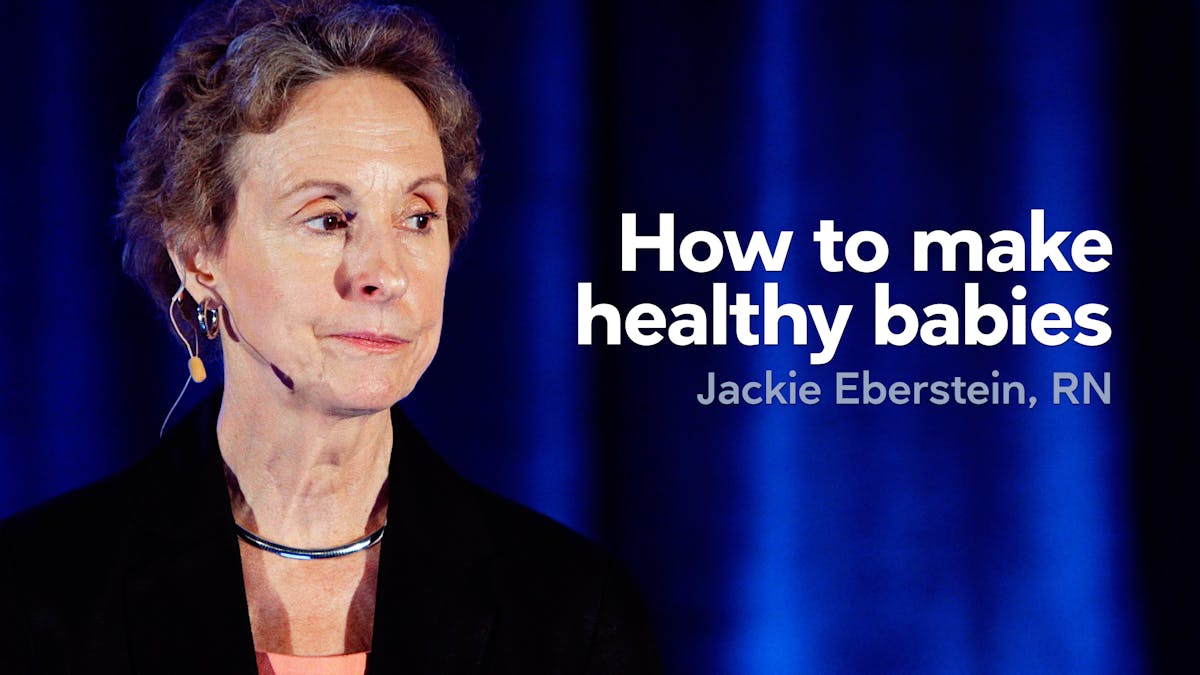Trying to conceive? Try the better baby diet of beef, butter & bacon

Charmain Canfield knows firsthand that the foods we eat can impact our fertility. Diagnosed with unexplained infertility, she tried for 12 years to get pregnant — using ovulation drugs, inseminations, surgery — and finally in the last two years, three cycles of egg retrieval for in vitro fertilization.
Now, the 39-year old nurse from Ohio credits the ketogenic diet for helping her finally conceive Hunter and Maya, her happy, healthy twins born in March of 2017.
“It made all the difference in the quality of my eggs and embryos — I saw it with my own eyes,” said Canfield, who with her husband Michael welcomed the twins into their family of three adopted daughters.
Recently, we highlighted the top eight reasons why women with polycystic ovarian syndrome (PCOS) may want to adopt a low-carb diet. Reason #3 was that a low-carb or ketogenic diet may restore formerly absent or irregular periods, improve fertility, and result in pregnancies in those with PCOS.
But whether or not a woman has PCOS, it’s possible that cutting carbs prior to conception might improve her chances of becoming pregnant.
In fact, some assisted reproduction programs are now advising both women and men to lower their carbohydrate intake and increase the fat and protein in their diet to naturally enhance the health and fertility of their eggs and sperm before undergoing fertility treatments such as in vitro fertilization (IVF).
“We recommend that couples try the low-carb, high-fat diet for at least two to three months before trying to conceive or before having egg retrieval for IVF. In our experience this diet produces the best quality eggs and sperm,” notes Dr. Michael Fox, of the Jacksonville Center for Reproductive Medicine, in Florida.
That’s the advice that Canfield got, too, from her fertility expert, Dr. Robert Kiltz, of CNY Fertility, in upper New York state. He told Canfield he called it the “Better baby diet”: beef, butter, and bacon. This doctor has another popular saying that he shares in his regular videos on CNY Fertility’s Facebook page: “Fertile fatty foods first! It’s the fastest path to reproduction.”



For her second try at egg retrieval a few months later, “We did low carb half-heartedly.” That second cycle resulted in slightly better quality eggs: 15 eggs were retrieved, 10 of those fertilized, and she had 10 embryos, of which five were good quality and five were poor quality. But no pregnancy resulted.
For her third cycle, she and her husband decided to fully commit to a strict ketogenic diet, cutting out all sugars, processed foods, and starchy carbohydrates. “We thought, we need to see if this can work. It is now or never.”
They ate keto for 90 days before the third egg retrieval, during which time Canfield lost 35 lbs (16 kg) and surprisingly eliminated all evidence of her previous chronic inflammation. On egg retrieval she had 21 eggs, 20 of which fertilized. By day 3 they had 17 healthy embryos, half of which they froze. The other half they let develop until day 5 , and two made it. Those two embryos were frozen and three months later, with Canfield continuing to eat keto the whole time, the two were thawed and transferred. Their healthy twins were the happy result.



Canfield is now hoping that with continued keto eating they may spontaneously conceive in the next few years. “I would faint after 12 years of trying, but now I feel anything is possible.” If not, they still have healthy frozen embryos they can transfer.
For women whose only problem is PCOS, Dr. Fox notes that, in his experience, the diet can help up to 90% become pregnant within three to six cycles.
In a fascinating observational experiment with 120 women undergoing IVF at the U.S. Delaware Institute for Reproductive Medicine, fertility expert Dr. Jeffrey Russell had patients fill out a three-day diet diary. While he knew women with higher body mass index tended to have poorer-quality embryos for IVF, he had been surprised to see that some thin, apparently healthy women had poor-quality embryos, too.
When Dr. Russell looked at their nutritional diaries, however, the link became clear: those with poor-quality embryos were consuming more than 60% of their calories from carbs each day. Women whose diets had less than 40% of calories from carbs and higher amounts of fat and protein not only had better eggs, they had better embryo development and higher pregnancy rates.
Moreover, Dr. Russell states that when counseled to cut their carbs from more than 60% to less than 40% of calories and increase the protein in their diet, women experienced improvement in embryo quality, the number of embryos available for transfer, and pregnancy rates.
Russell and his colleagues now require that all clients, women and men, do at least three months of lower-carb diets prior to attempting IVF.
That advice is also being given by fertility doctors in the UK. At the 2017 European Society for Human Reproduction and Embryology conference, British Fertility experts said they were recommending that their patients cut carbohydrates before IVF treatments. And the Leeds Fertility clinic recently started a nutrition class, with lower-carb cooking lessons for couples trying to conceive.
Canfield is doing what she can to spread the advice, too, sharing her story and posting on Facebook groups for keto eating. “I wish I had known about keto eating 12 years ago.”
—
Anne Mullens
More
Infertility, PCOS and the IDM program
How to reverse PCOS with low carb
Top eight reasons to adopt a low-carb diet for Polycystic Ovarian Syndrome
Earlier with Anne Mullens
Fighting fat phobia: changing fat from feared to revered once again
Top videos about fertility
- MEMBERS ONLY
![Stressing less to get pregnant]()

- MEMBERS ONLY
![What to eat to get pregnant]()

- MEMBERS ONLY
![How to make healthy babies]()

